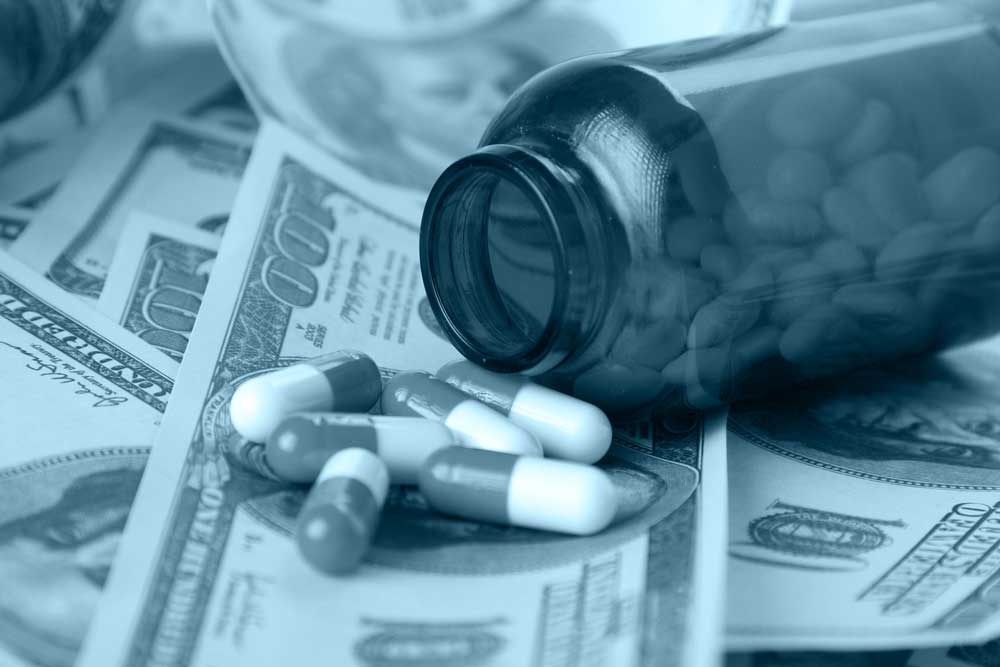WSJ Reinforces Waste and Abuse in Healthcare

Federal healthcare programs are often well-intended but end up costing more than expected and become subject to waste, fraud, abuse, and mismanagement. One of the best (or worst) examples of such a result is the 340B Drug Pricing Program, which is administered by the Health Resources and Services Administration (HRSA). The lack of clear intent and definition of a patient, along with poor oversight, have led to the program being exploited by hospitals and contract pharmacies to generate millions of dollars in profit, often in a “reverse Robin Hood” scheme that siphons money from hospitals in low-income communities to those in more affluent areas. Patients are not getting their benefits, and taxpayers and consumers are paying the price for the abuses of the program.
The Council for Citizens Against Government Waste has been exposing the abuses and calling for reform of 340B, which has grown from $9 billion in 2005 to $66.3 billion in 2023, making it the second largest prescription drug program after Medicare. A September 21, 2025, Wall Street Journal editorial added to the chorus of calls for fixing 340B by describing how large 340B hospitals use 340B discounts to finance the acquisition of small physician practices and pharmacies that are not eligible for 340B discounts, which compounds healthcare market consolidation and increases costs for insurers and patients. As one way to help stop the abuses of 340B, the editorial expressed support for HRSA’s rebate pilot program, which Citizens Against Government Waste supports, that would require hospitals to file claims with manufacturers instead of getting up-front discounts. It would provide more transparency and accountability for patients and prescriptions and protect against duplicate discounts.
The editorial reinforced the findings of the April 24, 2025, Senate Health, Education Labor and Pensions Committee report on 340B, which exposed inadequate transparency and accountability and little evidence that the program helps low-income patients. It also follows on the heels of a September 9, 2025, Congressional Budget Office (CBO) report that highlighted the costs of the 340B program, which rose from $2.4 billion in 2005 to $66.3 billion in 2023. The report cited hospital and clinic integration and the growth of drugs being prescribed at contract pharmacies as two of the factors causing the expansion of the program.
The Wall Street Journal concluded with this message on 340B reform: “Memo to President Trump: This is a better way to lower healthcare costs than importing foreign drug price controls.” As pressure mounts on Congress for 340B reform, policymakers should recognize that the program is not working as intended and act to put an end to the waste by ensuring taxpayer dollars serve the low-income patients they are meant to help.
